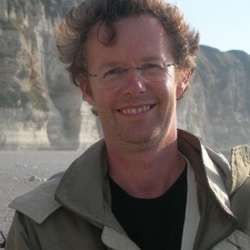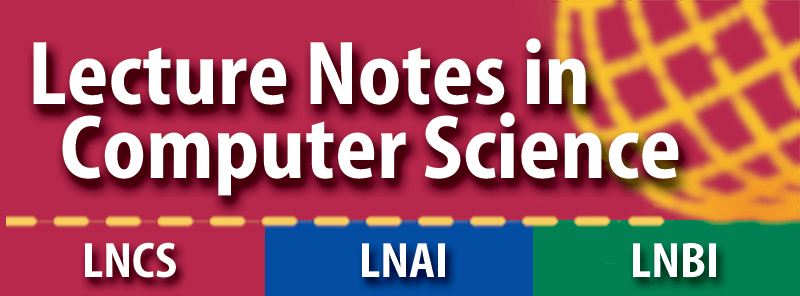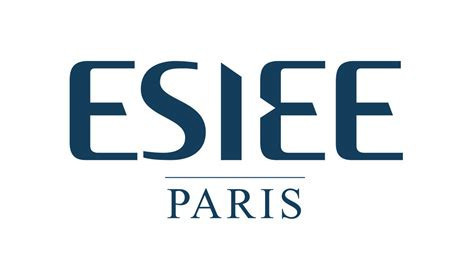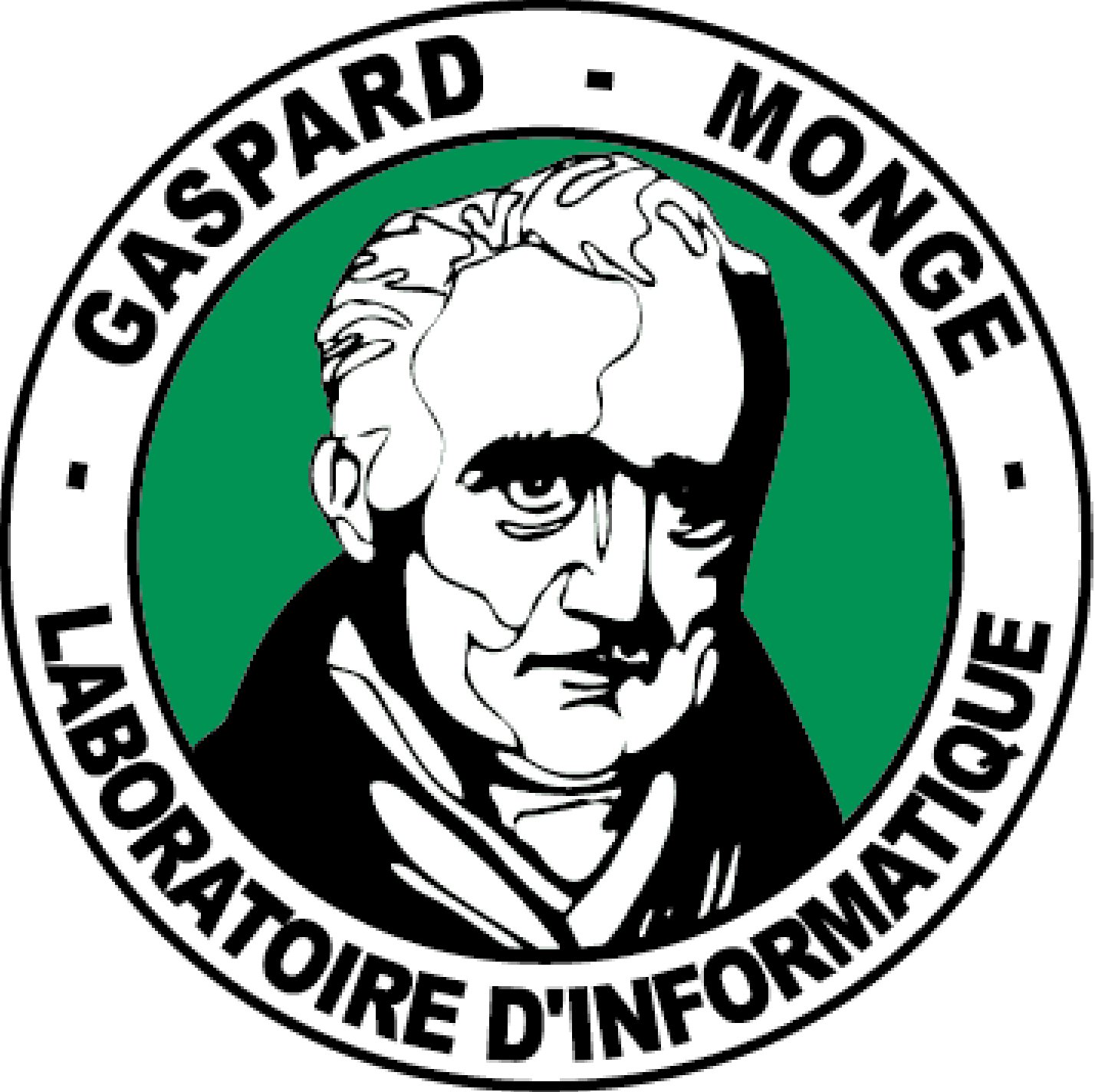
3rd International Conference on Machine Learning for Networking (MLN'2020)
Invited speaker: Philippe Jacquet, INRIA, Paris, France

Title: Toward a theory of learnability: The algorithms and the frontiers of Artificial Intelligence
Abstract
We will investigate the connection between Information Theory and Artificial Intelligence. Alan Turing, the inventor of the Turing challenge whose aim is to distinguish a machine with a human, is considered as the father of AI. Nevertheless Claude Shannon, the inventor of information Theory may have had a different view, so fuzzy is the boundary between AI and IT.
We imagine a discussion between our two champions about the future and limits of AI vs IT. To make it short Information theory predicts that an isolated machine cannot evolve by itself to become more complex. To do so it must borrow entropy from the external world. An analogy with life evolution is developed. Then in a second time we will investigate the theory of learnability: some problems are easier to learn than some other. For example, it takes a few iterations to a child to get the ability to recognize a cat in a picture, while some people will never be able to learn how to play music. In some case training may bring a neural network into a “swamp area” from where it may take an exponential time to escape. It is possible to characterize such swamp areas by the fact that the neural network has zero mean weight. Unfortunately many simple algorithmic problems lead to zero mean weight neural networks. It would imply that the control by AI of those system driven by basic algorithms would be difficult, and networks are among them. In other words there are areas where algorithms can still outperform AI.
We will also see how fast and unlearnable algorithms can be used in order to monitor complex systems and trigger fast reactions before slower but more efficient AI system can learn and take over and finish the job. We will investigate the application on social networks monitoring.
Biography
Philippe Jacquet graduated from Ecole Polytechnique, Paris, France in 1981, and from Ecole des Mines in 1984. He received his PhD degree from Paris Sud University in 1989. Since 1998, he is a research director in Inria, a major public research lab in Computer Science in France. He has been a major contributor to the Internet OLSR protocol for mobile networks. His research interests involve information theory, probability theory, quantum telecommunication, protocol design, performance evaluation and optimization, and the analysis of algorithms. From 2012 to 2019 he has been with Nokia Bell Labs as head of the department of mathematics of dynamic networks and information. Since 2020 he is again research director in Inria.







